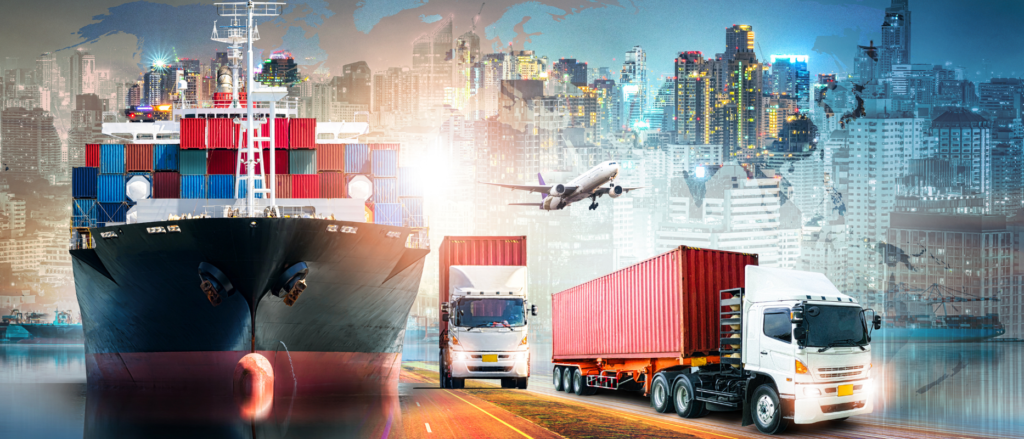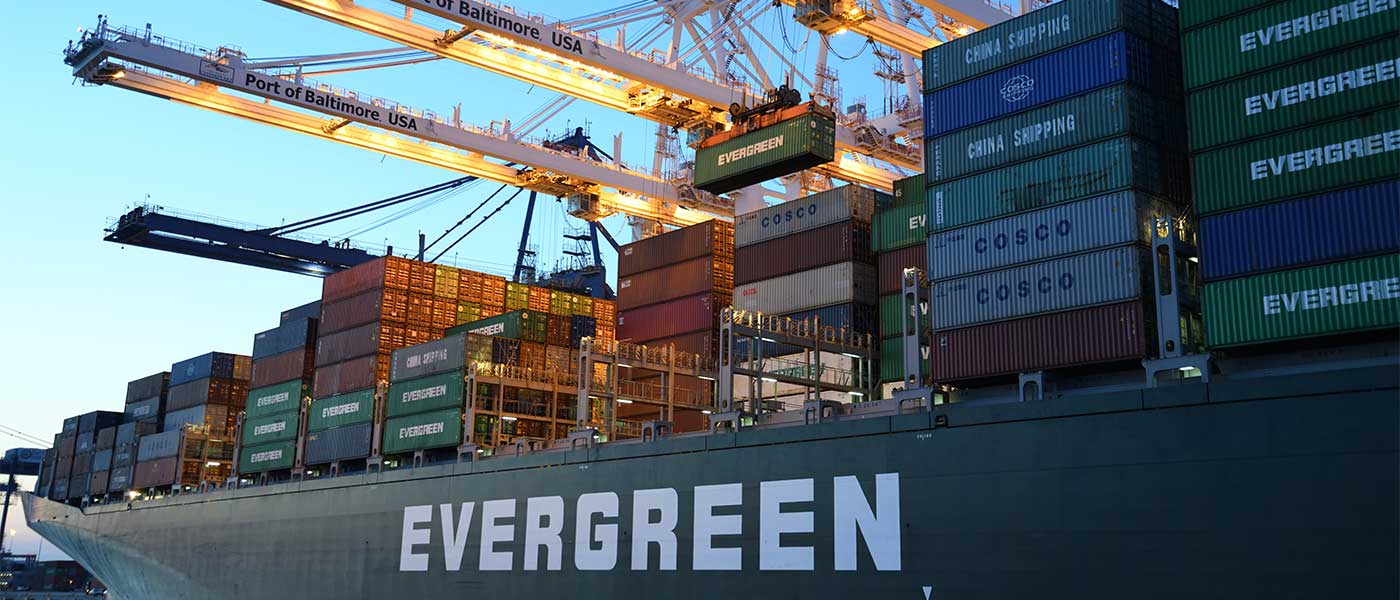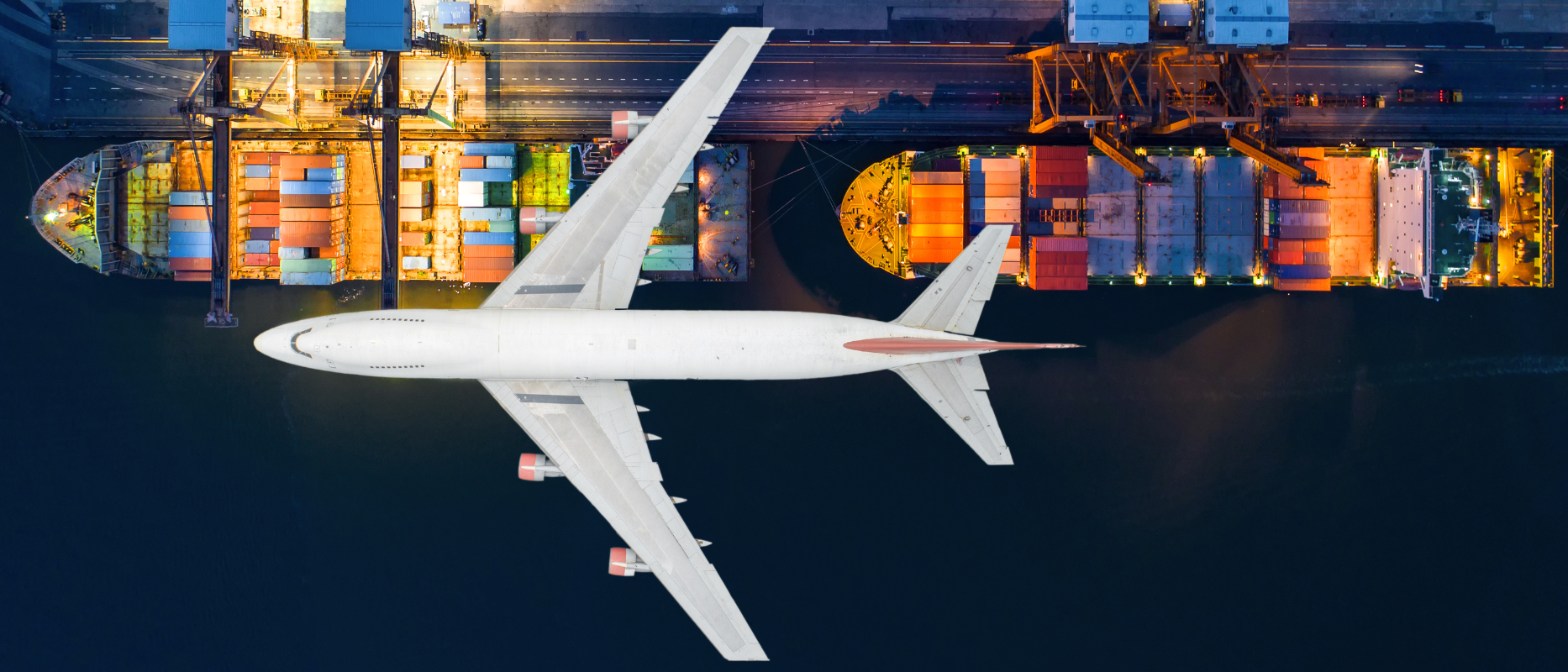A great value deal is often one of the reasons why a shopper would choose to buy from you. Australian shoppers are no different, they seek a great product that comes with a good price tag and fast shipping options as a factor to move carts to checkout. For Australian e-commerce brands looking to sell high-quality products at competitive prices, sourcing products from suppliers can be cost-effective? But how do you do that and where do you start?
Indonesia has been an e-commerce hub and recently, it’s move to becoming a low-cost supplier for brands is an opportunity for e-commerce sellers in Australia. As a business starting out, sourcing from Indonesia for your brand can be daunting. This guide unlocks the secrets of sourcing from Indonesian wholesalers, empowering you to tap into vibrant markets, boost profits, and stand out from the crowd.
The Rise of Indonesian Products in Australia

Driven by a confluence of factors, Indonesian products are experiencing a surge in popularity within the Australian market. This trend presents exciting opportunities for Australian enterprises seeking diversification and cost-effective sourcing solutions. Let’s explore the benefits of sourcing from Indonesia and examine strategic approaches for Australian businesses to leverage this expanding trade landscape.
Why Australian Brands Should Consider Sourcing From Indonesia
Indonesia is home to a rising, diverse, and vibrant manufacturing sector, offering a wide range of products at competitive prices, perfect for Australian sellers to source from. Compared to traditional sourcing destinations, Indonesia benefits from:
- Favourable Labour Costs: Lower labour costs translate to more cost-effective production, enhancing profit margins for Australian businesses.
- Rich Natural Resources: Indonesia possesses an abundance of natural resources, leading to competitively priced raw materials used in various manufacturing processes.
- Geographical Proximity: Shorter shipping distances compared to distant suppliers like China reduce transportation costs and lead times.
- Growing Production Capabilities: Continued investment in infrastructure and technology has modernised Indonesian manufacturing, ensuring quality and efficiency.
Strategies for Australian Businesses:
Australian businesses can capitalise on this sourcing opportunity by implementing several key strategies:
- Product Research and Market Analysis: Identifying high-demand products aligned with Australian consumer preferences and conducting thorough market research to maximise success.
- Building Local Partnerships: Partnering with reliable Indonesian companies and sourcing agents, and 3PLs with cross border expertise streamlines communication, logistics, and compliance challenges.
- Quality Control and Inspection: Implementing robust quality control measures throughout the supply chain ensures product integrity and minimizes risk.
- Leverage automation tools: Automate inventory shipment requests and warehouse (WH) syncing to eliminate manual tasks and streamline order fulfilment.
- Utilize real-time order tracking: Implement solutions offering visibility into order status across the entire supply chain, providing valuable insights for both sellers and customers.
- Trade Compliance and Regulations: Navigating import regulations and customs procedures requires awareness and adherence to ensure smooth product entry into Australia.
Understanding the Indonesian Market
The Indonesian market presents a wealth of opportunities for Australian businesses seeking diverse and cost-effective products. However, success in this dynamic landscape requires a nuanced understanding of key industries, cultural norms, and regulatory frameworks. This guide delves into these crucial aspects to equip Australian enterprises with the knowledge needed to navigate the Indonesian market seamlessly.
Understanding Indonesian Consumer Preferences:
Indonesian shoppers exhibit a strong preference for authentic, handcrafted products. Textiles, furniture, homeware, and personal care items with traditional designs and natural materials enjoy high demand. Additionally, food and beverage products like coffee, spices, and snacks boast widespread popularity, driven by their unique flavors and ingredients. Understanding these product categories and consumer trends is crucial for identifying profitable import opportunities.
Respecting Cultural Nuances and Business Etiquette:
Building successful relationships with Indonesian partners requires sensitivity towards cultural differences. Punctuality, respectful communication, and avoiding direct confrontation are fundamental aspects of Indonesian business etiquette. Demonstrating cultural awareness through greetings, appropriate attire, and understanding hierarchical structures fosters trust and facilitates smoother collaborations.
Navigating the Regulatory Landscape:
Export clearance from Indonesia and import regulations in Australia involve specific procedures and documentation. Here’s a breakdown of key requirements:
Export Clearance from Indonesia:
- Product Registration: Certain products require registration with the Ministry of Industry or other relevant authorities.
- Export Licences: Permits may be necessary for specific goods, depending on their nature and quantity.
- Certificates of Origin and Quality: These documents verify product origin and compliance with relevant standards.
Import Regulations in Australia:
- Biosecurity and Quarantine Requirements: Specific biosecurity checks and quarantine processes may apply depending on the product category.
- Duty and Tariff Payments: Understanding customs duties and tariffs applicable to your chosen products is crucial for budgeting and pricing.
- Labeling and Compliance Standards: Imported products must adhere to Australian labeling and safety standards, which vary depending on the product category.
Permitting and Paperwork:
Several permits and documents are essential for sourcing from Indonesia, including:
- Import Licenses: Specific products may require import licenses issued by Australian authorities.
- Commercial Invoices and Packing Lists: These documents detail product information and shipment details.
- Bills of Lading and Freight Documents: These documents provide information on transportation and logistics.
Partnering with Experts:
Navigating the intricacies of the Indonesian market can be complex. Partnering with reputable sourcing agents, legal advisors, customs brokers and mid mile logistics providers familiar with both markets can streamline the process and ensure compliance with regulations.
Finding Reliable Suppliers
Successfully navigating the Indonesian wholesale landscape hinges on selecting trustworthy suppliers who deliver quality products and adhere to ethical practices. Australian businesses have several avenues at their disposal to discover and vet potential partners:
Online Marketplaces and Directories:
These platforms offer a diverse array of Indonesian suppliers across various industries. Popular options include Alibaba, Kompas, and TradeKey, allowing you to filter by product category, certification, and minimum order quantities. However, thorough research and verification of supplier legitimacy are crucial before engaging.
Trade Shows and Exhibitions:
Participating in industry-specific trade shows in Indonesia offers valuable opportunities to connect directly with potential suppliers, assess product quality, and gauge their professionalism. Attending relevant events in Australia organized by Indonesian trade bodies can also yield promising leads.
Sourcing Agents and Consultants:
Leveraging the expertise of sourcing agents or consultants with established networks in Indonesia can save time and resources. These professionals assist with supplier identification, negotiation, quality control, and logistics, ensuring a smoother import process. However, carefully evaluate their track record, fees, and service offerings before selecting one.
Vetting and Evaluating Suppliers:
Once you identify potential partners, rigorous due diligence is critical:
- Company Registration and Licenses: Verify the supplier’s legal registration and relevant licenses for exporting to Australia.
- Financial Stability: Request financial statements and references to assess their financial health and ability to fulfill orders.
- Quality Control Procedures: Inquire about their quality control processes and certifications to ensure product quality meets your standards.
- Minimum Order Quantities and Payment Terms: Clearly understand minimum order requirements and negotiate favorable payment terms before proceeding.
- Customer References and Online Reviews: Seek feedback from previous customers and check online reviews to gain insights into the supplier’s reliability and service quality.
Establishing a Productive Relationship
Successfully sourcing from Indonesian wholesalers hinges not only on identifying reliable partners but also on nurturing productive, long-term relationships. Australian businesses can unlock the full potential of this collaboration by establishing clear communication, navigating financial logistics, and ensuring product quality through effective protocols.
Navigating Payment Terms and Mid-Mile Logistics:
- Payment Terms: Negotiate payment terms that balance security with fair compensation for the supplier. Consider options like letters of credit or escrow services for larger orders.
- Mid-Mile Logistics: Understand and manage the logistical complexities of moving goods from the supplier’s factory to your designated warehouse in Australia. Consider partnering with experienced freight forwarders familiar with Indonesian regulations and Australian import procedures.
Ensuring Quality Control, Consignment Packing, and Shipping:
- Quality Control: Establish clear quality control standards and conduct inspections at various stages of production to ensure products meet your specifications. Consider partnering with independent inspection agencies for increased assurance.
- Consignment Packing: Collaborate with your supplier to establish proper packing methods that ensure product integrity during transport. Specify labeling requirements and any specific packaging needs.
- Shipping and Insurance: Arrange secure and efficient shipping through reputable freight companies. Obtain adequate insurance coverage against potential damage or loss during transit.
Legal and Compliance Issues
Venturing into Indonesian wholesale imports requires navigating a nuanced legal and regulatory framework. Australian businesses must prioritize compliance with import duties, intellectual property protection, and sustainable sourcing practices to ensure a smooth and ethical import journey.
Understanding Import Duties and Customs Regulations:
- Australian Border Force (ABF) Website: Familiarize yourself with the ABF website for comprehensive information on import duties, tariff rates, and relevant regulations specific to your chosen products.
- Product Classification: Accurately classify your imports using the Harmonized System (HS) codes to determine applicable duties and taxes.
- Import Permits and Licenses: Certain products may require specific import permits or licenses issued by Australian authorities.
Protecting Intellectual Property:
- Copyright and Trademark Protection: Understand and register your intellectual property rights (IPRs) in Indonesia to prevent unauthorized use of your designs, brands, or logos.
- Supplier Agreements: Include clauses in your contracts with suppliers that address and protect your IPRs throughout the production and distribution process.
- Be Cautious: Exercise caution when purchasing products that may infringe on existing trademarks or copyrights, as you could face legal repercussions.
Sustainable Sourcing Practices:
- Environmental Considerations: Choose suppliers committed to sustainable practices like responsible resource management and waste reduction.
- Labour Standards: Ensure your suppliers adhere to ethical labour practices, including fair wages, safe working conditions, and no child labour.
- Certifications: Consider sourcing from suppliers holding certifications like Fairtrade or Forest Stewardship Council (FSC) to demonstrate your commitment to sustainability.
Staying Informed and Seeking Guidance:
- ABF Liaison Officers: Utilize the ABF’s liaison officer network in Indonesia for targeted assistance with customs procedures and regulations.
- Legal and Trade Professionals: Consulting with lawyers and trade specialists familiar with both Australian and Indonesian regulations can provide valuable guidance and ensure compliance.
How to simplify Sourcing from Indonesia with a 3PL
Sourcing high-quality products from Indonesia can be a strategic move for Australian businesses. However, navigating the complexities of international logistics can be daunting. This is where a reliable 3PL provider with expertise in both Indonesia and Australia can significantly simplify the process.
Benefits of a 3PL Partner:
- Regional Expertise: Leverage their in-depth knowledge of Indonesian regulations, customs clearance procedures, and cultural nuances.
- Streamlined Logistics: The 3PL will handle the movement of your products from Indonesian suppliers to their warehouse in Indonesia. They’ll then manage customs clearance and ensure efficient transportation to your Australian warehouse or fulfillment centers.
Tech-Powered Efficiency:
- Integrated Logistics: A robust 3PL offers technology solutions that seamlessly integrate mid-mile and last-mile delivery within Australia, ensuring timely deliveries to your customers.
- Automated Processes: Reduce manual effort and minimize errors through automation of key tasks such as order processing, inventory management, and shipment tracking.
Reaching Your Audience:
- Sell on Major Platforms: Enjoy the convenience of selling on popular Australian e-commerce platforms like Shopify, WooCommerce, eBay, and even TikTok, all backed by the same reliable logistics infrastructure.
- Nationwide Distribution: Distribute your inventory strategically across Australia to cater to e-commerce marketplace fulfillment and direct-to-store deliveries, ensuring faster order fulfillment and enhanced customer satisfaction.
Cost-Effective Solutions:
A 3PL provider can offer competitive pricing structures, allowing you to benefit from their economies of scale and established network. This translates to cost-effective sourcing and efficient product delivery throughout Australia.
Conclusion
Sourcing from Indonesian wholesalers isn’t just about acquiring products; it’s about building a mutually beneficial partnership. By embracing cultural nuances, prioritising quality, and fostering collaboration, you’ll not only enrich your brand but also contribute to a sustainable and ethical trade future.
While sourcing involves shipping your products from suppliers and importing them into Australia, having a 3PL focused on custom clearance, handling import paperwork, picking and packing to secure your products, and safely storing them in storage centres streamlines inventory and offsets costly customs clearance fines and delays.











